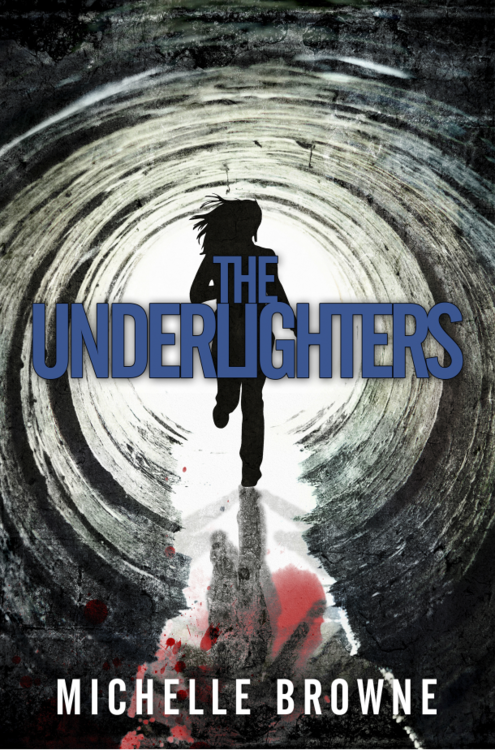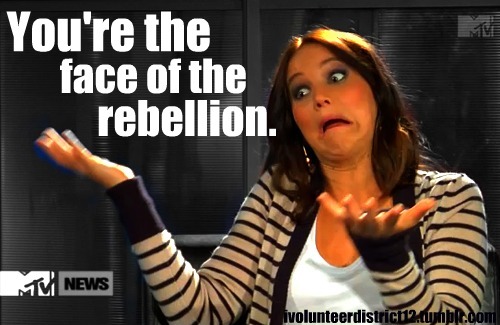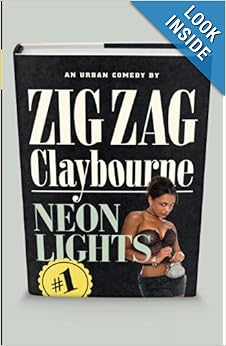Earlier last month, I watched Frozen and compared it to several other Disney movies. I went for a bit of a blog rummage and had a look at other reactions to the movie. They were evenly split between 'FEMINISM YAY' and 'Grrrr, no PoC and they made a hash of the original narrative of the story'. The PoC criticism is a very fair point, as we all know that Disney seems to drop the ball the minute its main characters are non-white, but the last bit, enh; we should be used to Disney making a hash of folklore by now. (I should mention that Kristoff, by the way, has been officially confirmed as being a Saami person--it may have been done messily, but I ended up learning a bit about the Saami people as a result of the debacle, so there's that, anyway.)
Now, what follows involves
SPOILERS SPOILERS SPOILERS SPOILERS SPOILERS
I noticed something interesting--the male characters in Frozen were really quite stellar. The nameless King, Hans, the Duke of Weaselton, and Kristoff were all portrayed with surprising subtlety. The Duke, for example, was a jerk with mostly good intentions, and was manipulated by Hans. Both Hans and Kristoff were pretty layered characters, which was a nice change. And the King was trying to be a good father, but gave his daughter really bad advice--something Disney fathers aren't usually allowed to do. All of this was a great change from the norm.
A change from what, though? Surely the princes aren't that important in Disney movies; it's more about the women, isn't it?
Prince-i-pals
Therein lies the problem. Male characters don't have a problem with character development and representation in 'non-princess' movies, but for most of Disney's history, the men have had even less character and personality than the princesses. Consider Phoebus from Hunchback of Notre Dame, John Smith from Pocahontas, Adam (the human version of the Beast) from Beauty and the Beast, Eric from The Little Mermaid, and the nameless princes from Cinderella, Sleeping Beauty, and Snow White. Granted, the last three are older, but do the newer ones I mentioned really have that much more depth? Sure, there were sequels that expanded on these characters a tiny bit, but the most interesting princes/love interests in the 90s princess movie canon were the Beast (in Beast form), Quasimodo, Aladdin, and Shang-Li. You'll note that these are all societally-rejected or conflicted characters--Shang-Li's abandonment of Mulan on the mountain was very 'unprincely' and memorable. The majority, though, are bland as hell, and much less developed than the princesses. (A comprehensive list of princes and not-quite-princes can be found here.)
 |
Source. Notice any similarities? |
In contrast...
Consider princes from the most recent revamps of the franchise--the would-be princes in Brave are played for comedy, and are pretty dorky; Naveen from The Princess and the Frog is probably the most interesting character in the movie, and Kristoff and Hans have plenty of meat to their characterizations. The Prince in Enchanted was at least as interesting and sympathetic as the heroine, with faults to match (though the same cannot be said of Giselle's unmemorable other love interest), but I have to admit to a stumble with Flynn Rider. Flynn--in my opinion--is annoying as hell, but at least his thievery had more consequences than Aladdin's, and came with a deceitful personality. There's something to be said for that. In fact, like Naveen, he was arguably more interesting than Rapunzel herself, and went through more development. Disney has had a tendency to touch on subjects without actually exploring them, so the demonstration of more consequences and depth in a hero's personality and life is a very good progression. Real men (both in the sense of 'good men' and 'actual, 3-D humans that walk around and identify as male) aren't just villains OR heroes. They're lazy, strong, smart, stupid, naive, funny, lame, shy, and awkward; brash, quiet, gentle, sensitive, and sometimes, even boring. We're starting to see that shift, and it's overdue.
Is it changing?
Well, actually, the answer is yes. I don't know if it will lure more boys into the franchises, but at the very least, young girls are getting a better idea of what men can and should be like. Regardless of one's romantic or sexual preferences, getting the idea that men are more than cardboard superhero cutouts with money is pretty important. The idea that male characters can and need to develop right alongside their heroines is simply not there in a lot of female-targeted media. A lot of romance novels tend to blur over that or only add token development to the male leads, when they're not abusive and overly dominant jerks, of course.
So, all of that is very good, and girls deserve examples of realistic men--the song 'Fixer Upper' in Frozen encapsulated why quite beautifully, with the idea that no-one is perfect but love (and patience) can really help--but a constant refrain always punctuates this issue...
 |
Source. Presented without comment. |
But...but...princess movies are for girls!
Okay, but do they have to be? I do understand that princess movies are sort of a 'safe space' for a lot of women--girls and grown-ass adults alike--to bond over. However, the fear of boy cooties, much as it may be valid, is foolish and feeds into cloistering of gender roles. I have no doubt that these movies will still continue to be marketed to and written for girls.
This is a serious issue, because it means there's no hook for boys to participate in the princess culture thing easily. I touched on the way girls' toys are segregated in my previous list, and I want to continue with that point here; boys are still stigmatized for liking anything feminine. That's bad both for boys and for girls. Boys do, in fact, knit, bake, paint, and do other artistic things, and they aren't always puff-chested heroes or monsters when they do said things. The problem with assuming boys who do these things are gay is that it forces boys into an awkward feminine camp, to say nothing of the fact that leisure activities have little to do with one's sexuality, if anything.
What needs to be changed?
As always, I like to point the accusatory finger back at the audience rather than just decrying the company. I think Disney is honestly trying, and while they still have a long ways to go with both culture and equal representation, it's more important for us in the audience to adapt. Genderswapping characters and things like the Hawkeye Initiative are great for showing off systemic misogyny and sexism, but women have to take an equal role in making sure that our portrayals of men don't just continue the same negative trends. So, consider inviting a boy or two to that 'Princess movie night'. If you're a writer or artist, consider the way you're portraying men. Are your love interests all 'badass alpha males' or predominantly geeky boys? Are they ripped or otherwise 'perfect'? Is he a rich white dude, or is he a middle-class person of colour? It's time for us as creators to stop making our fictional characters self-inserts, the people we wish we could be or wish we could love. The world has enough cardboard princes. If even Disney can figure that out, so can the rest of us.














